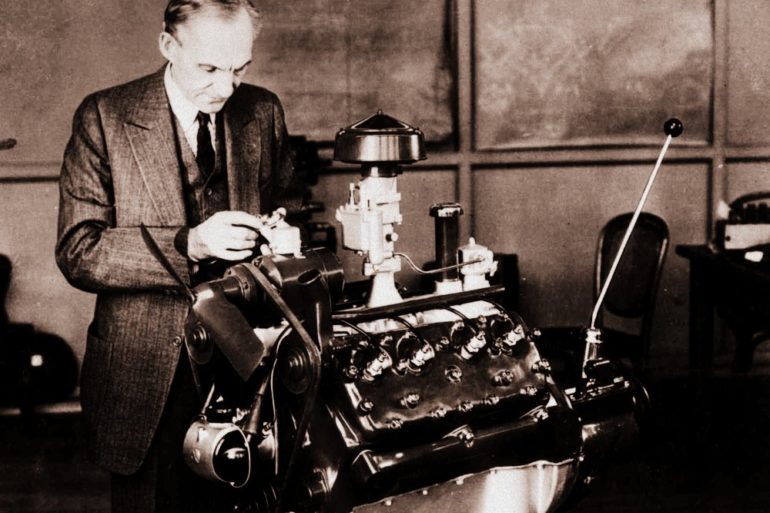Few people know the secret of Ford's success, and those who do know are too modest to speak of it, because of its simplicity.
Wishing will not bring riches. But desiring riches with a state of mind that becomes an obsession, then planning definite ways and means to acquire riches, and backing those plans with persistence which does not recognize failure, will bring riches.
A big part of self-discipline comes from social pressure. This is how people in the military can become very disciplined, particularly in special forces. They don’t want to hold their team back, so they have to do their best.
If you accept a job, a relationship, or a lifestyle that you merely tolerate -- but don't appreciate -- you’re putting other concerns ahead of your own happiness.
Can money make us happy if we spend it on the right purchases?
Some argue that happiness is not having what you want, but wanting what you have.
What if you currently live a very comfortable lifestyle and you have a lot of assets? How can you justify running off to do what truly makes you happy if it might put all your current assets at risk?
Contrary to popular belief, the people who become truly famous, stay famous for decades.
"Over the course of five years, I've managed to pay off over $35,000 in debt, quit my day job, and go from having nothing saved to fully funding my retirement accounts every year. In the process, I've developed a 14-point philosophy."
Fame is attention -- and with enough attention you can generate passive income. Monetizing fame is actually pretty easy.
I sat in a crowd of 45,000 in 2013, watching super-billionaire investors Warren Buffett and Charlie Munger riff off each other and deliver quick wit and worldly wisdom about finances and life in general...
Can money buy happiness? Is ignorance truly bliss? Are happy people shallow and unaware of the problems of the world? Can a person be too happy?
If you think having loads of money, fetching looks, or the admiration of many will improve your life -- think again.
Individuals who live in wealthy neighborhoods are more likely to have materialistic values and poor spending habits, the study says, particularly if they are young, living in urban areas and relatively poor compared with their surroundings.
Conventional wisdom tells us that in the business world, "you are who you know" -- your social background and professional networks outweigh talent when it comes to career success.
Freedom and personal autonomy are more important to people's well-being than money, according to a meta-analysis of data from 63 countries.
Research suggests that overall happiness in life is more related to how much you are respected and admired by those around you, not to the status that comes from how much money you have stashed in your bank account.

















